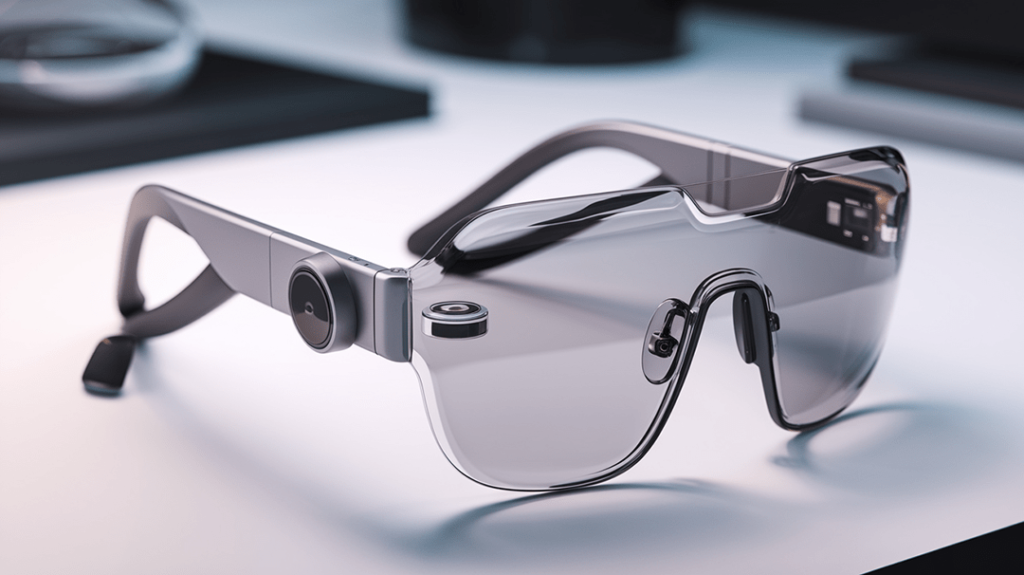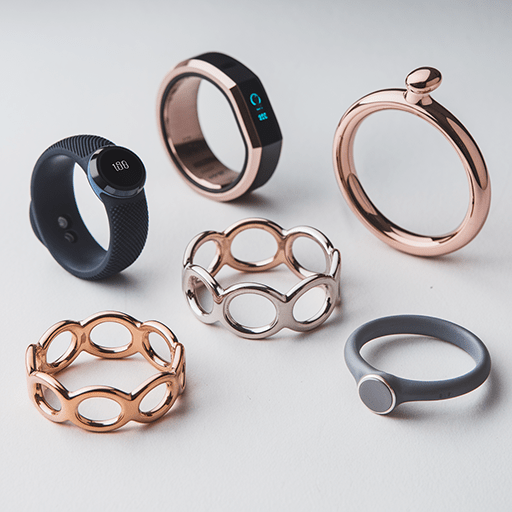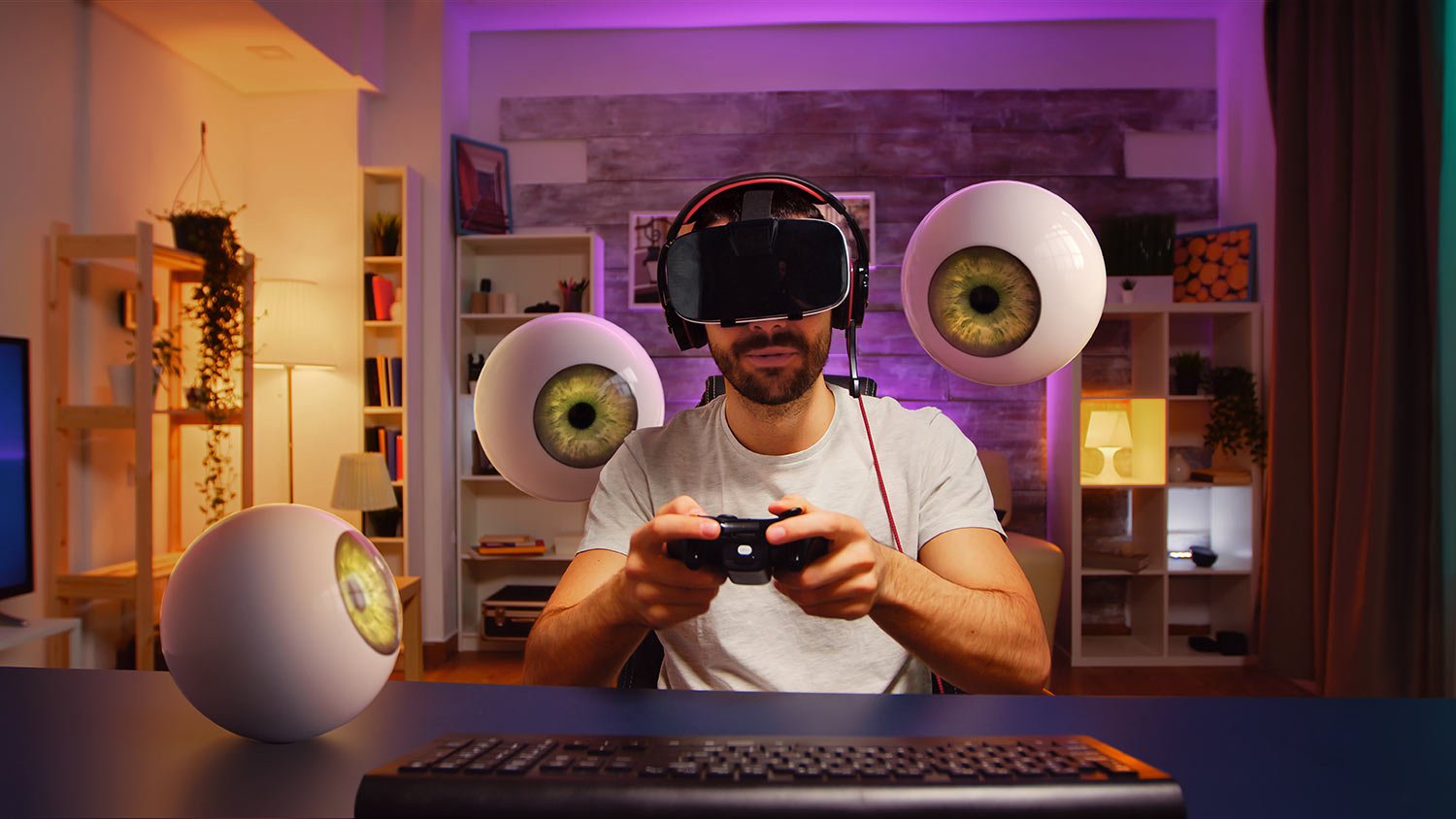Smart glasses have evolved from futuristic concepts into practical, stylish, and highly functional devices. In 2024, these wearable gadgets will be more versatile than ever, offering a blend of augmented reality (AR), hands-free productivity, and everyday convenience. Whether you’re looking to streamline your workflow, enhance your fitness journey, or stay connected, the latest smart glasses deliver cutting-edge technology and seamless integration into daily life.

Best Smart Glasses of 2024
Smart glasses in 2024 are redefining the way we interact with technology. Let’s explore the most innovative models, their features, and how they cater to various user needs.
What Are Smart Glasses?
Smart glasses are wearable devices equipped with technology that enhances the wearer’s visual and auditory experience. By integrating features like AR displays, cameras, and AI, smart glasses enable hands-free navigation, communication, and media consumption.
Key Features of Smart Glasses
Smart glasses are packed with advanced functionalities to cater to various needs:
- Augmented Reality (AR):
- Overlay digital information in the real world.
- Applications in gaming, navigation, and remote assistance.
- Example: Apple Vision Pro integrates AR apps for productivity and entertainment.
- Display Technology:
- Advances in micro-LED and holographic displays.
- Higher resolutions for clear visuals and immersive experiences.
- Example: Lenovo ThinkReality A3 offers high-quality visuals for enterprise applications.
- Audio Integration:
- Bone conduction technology for clear, open-ear audio.
- Noise-cancelling microphones for improved communication.
- Example: Ray-Ban Meta Smart Glasses 2 combines fashion with premium sound.
- AI Features:
- Voice recognition for hands-free control.
- Real-time language translation and contextual prompts.
- Example: Meta Quest Glasses Pro uses AI for enhanced collaboration tools.

Top Smart Glasses of 2024
1. Meta Quest Glasses Pro
Meta’s flagship smart glasses feature advanced AR capabilities for social and professional use. With seamless integration into the Meta ecosystem, these glasses are perfect for collaborative projects and immersive AR experiences.
- Pros: High-end AR performance, versatile applications.
- Cons: High price point.
2. Ray-Ban Meta Smart Glasses 2
Combining Ray-Ban’s iconic design with Meta’s tech expertise, this stylish model offers seamless photo and video capture, integrated social media sharing, and excellent audio quality.
- Pros: Sleek design, social media-friendly.
- Cons: Limited AR functionality.
3. Apple Vision Pro (Glasses Edition)
Apple’s entry into the smart glasses market brings its signature ecosystem synergy, offering real-time collaboration tools, immersive AR apps, and high-resolution displays.
- Pros: Seamless Apple ecosystem integration, advanced AR.
- Cons: Exclusivity to Apple devices.
4. Nreal Air 2
Nreal Air 2 is a lightweight, consumer-friendly pair of AR glasses, perfect for media consumption, gaming, and casual AR applications. Its compact design ensures portability without sacrificing performance.
- Pros: Affordable, lightweight.
- Cons: Limited productivity tools.
5. Lenovo ThinkReality A3
Designed for enterprise use, Lenovo’s ThinkReality A3 excels in virtual collaboration, industrial training, and fieldwork. Its robust build and specialized software support make it a top business choice.
- Pros: Enterprise-grade functionality.
- Cons: Bulkier design.

Smart Glasses for Specific Use Cases
- Fitness and Health:
- Features like real-time metrics, posture correction, and guided workouts.
- Example: Nreal Air 2 offers AR-based fitness apps for personalized guidance.
- Productivity:
- Tools for virtual meetings, remote assistance, and multitasking.
- Example: Apple Vision Pro allows seamless transitions between virtual and real-world tasks.
- Gaming:
- Immersive AR gaming and enhanced visuals.
- Example: Meta Quest Glasses Pro supports advanced AR games.
Comparing Ecosystems
- Apple: Best for users deeply integrated into the Apple ecosystem, offering exclusive features like iMessage and FaceTime.
- Meta: Excels in social connectivity and AR/VR gaming experiences.
- Independent Brands: Offer a mix of affordability and innovation, catering to niche markets.
Upcoming Trends in Smart Glasses
- Improved AI:
- Enhanced contextual awareness and personalization.
- Real-time feedback for health, productivity, and communication.
- Sustainable Designs:
- Use of eco-friendly materials and energy-efficient technology.
- Hybrid Reality (XR):
- Combining VR and AR for seamless transitions between virtual and real environments.

Challenges and Limitations
- Battery Life: Many smart glasses still struggle with lasting a full day on a single charge.
- Privacy Concerns: Built-in cameras and AR overlays raise concerns about data security and surveillance.
- Adoption Barriers: High costs and limited applications may deter casual users.
Accessories for Smart Glasses
- Protective Cases: Ensure the safety of your smart glasses during travel.
- Charging Docks: Keep your glasses powered up and ready to use.
- Prescription Lenses: Customize your glasses for everyday wear.
FAQs About Smart Glasses
- What are smart glasses used for? Smart glasses are used for AR applications, fitness tracking, navigation, communication, and entertainment.
- Are smart glasses compatible with all smartphones? Compatibility depends on the brand. For example, Apple Vision Pro works exclusively with Apple devices.
- How much do smart glasses cost in 2024? Prices range from $300 for basic models to over $3,000 for high-end AR glasses.
- Are smart glasses safe for driving? Certain models, like Ray-Ban Meta Smart Glasses 2, offer features for navigation but should not distract the driver.
- Can smart glasses replace traditional glasses? Prescription-compatible smart glasses can replace traditional lenses while offering additional functionality.
- What is the battery life of smart glasses? Battery life varies, with most models lasting 4–10 hours depending on usage.






